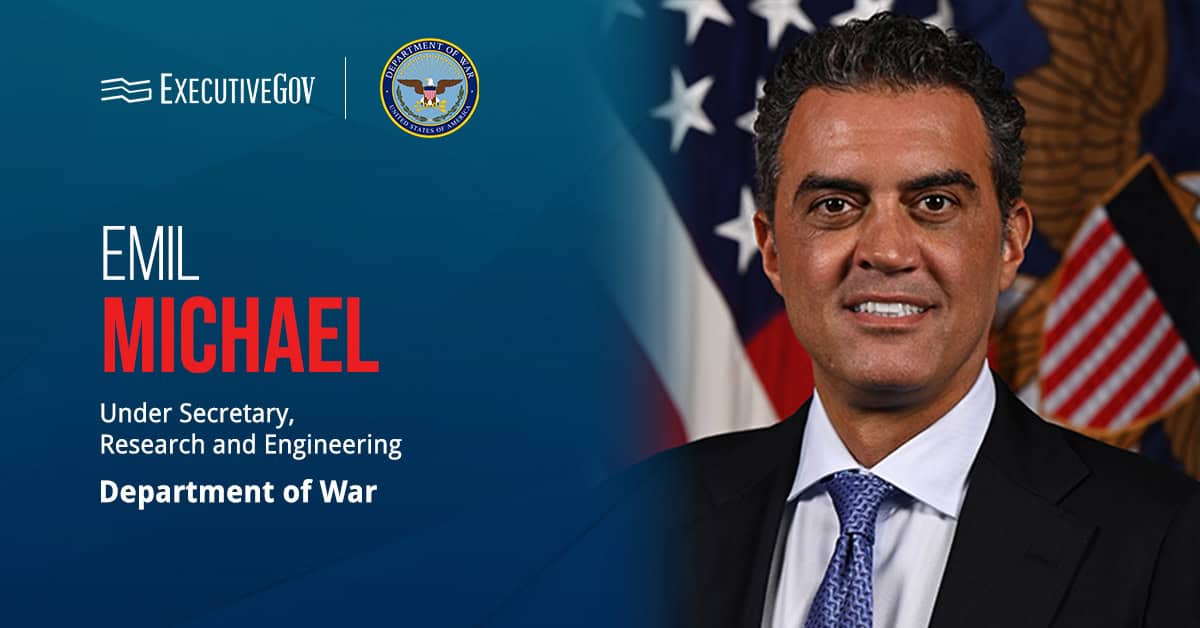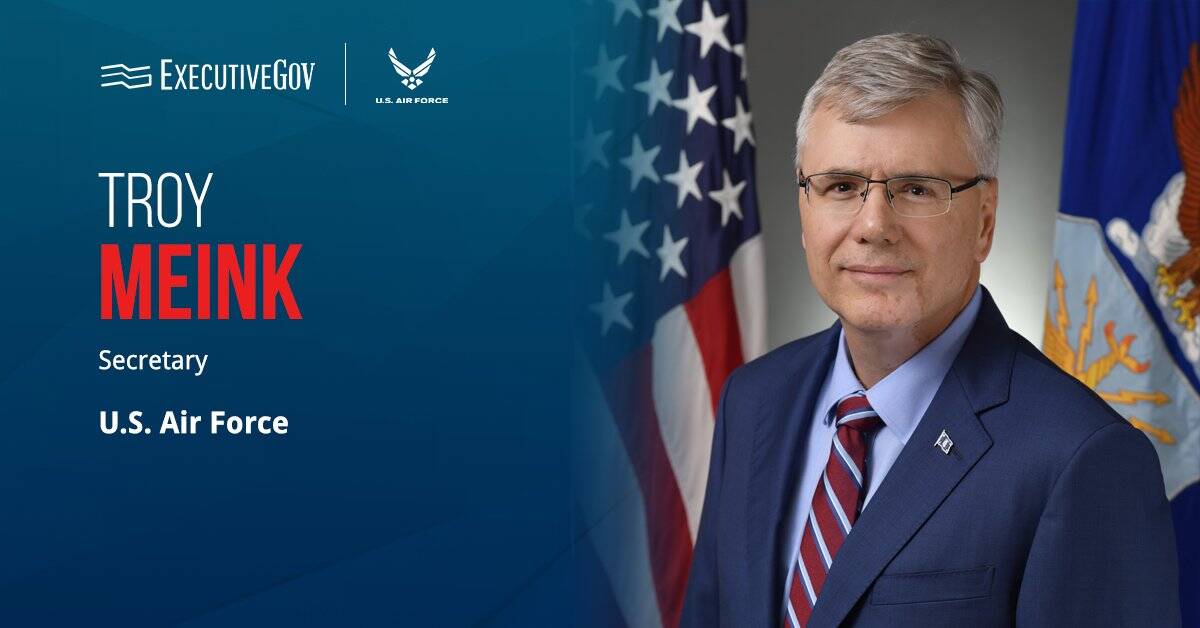The U.S. Space Force has completed military-code early use hardware and software updates to the government's GPS Operational Control System, SpaceRef reported Friday.
The MCEU updates could enable the service branch to support the deployment and testing of modernized user equipment as part of the OCS Architecture Evolution Plan. It could also allow USSF to delegate, upload and monitor M-Code within the global positioning system constellation.
M-Code is designed to optimize warfighters' anti-jamming and anti-spoofing capacities. The MCEU updates will undergo a trial period before the frequency achieves operational acceptance in November 2020.
According to the report, M-Code signals are currently incorporated on 22 GPS Block IIR-M, IIF and III space vehicles.





